To provide the best experiences, we use technologies like cookies to store and/or access device information. Consenting to these technologies will allow us to process data such as browsing behaviour or unique IDs on this site. Not consenting or withdrawing consent, may adversely affect certain features and functions.
The technical storage or access is strictly necessary for the legitimate purpose of enabling the use of a specific service explicitly requested by the subscriber or user, or for the sole purpose of carrying out the transmission of a communication over an electronic communications network.
The technical storage or access is necessary for the legitimate purpose of storing preferences that are not requested by the subscriber or user.
The technical storage or access that is used exclusively for statistical purposes.
The technical storage or access that is used exclusively for anonymous statistical purposes. Without a subpoena, voluntary compliance on the part of your Internet Service Provider, or additional records from a third party, information stored or retrieved for this purpose alone cannot usually be used to identify you.
The technical storage or access is required to create user profiles to send advertising, or to track the user on a website or across several websites for similar marketing purposes.
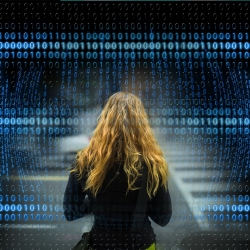 A survey by Talent Works claims that the pandemic has negatively impacted the career progression for more women (33 percent) than men (21 percent). The research, which surveyed UK developers, also claims that 23 percent of women have seen their potential to earn negatively affected compared to 11 percent of men, with under 35s (21 percent) also having more pay cuts than over 35s (11 percent). (more…)
A survey by Talent Works claims that the pandemic has negatively impacted the career progression for more women (33 percent) than men (21 percent). The research, which surveyed UK developers, also claims that 23 percent of women have seen their potential to earn negatively affected compared to 11 percent of men, with under 35s (21 percent) also having more pay cuts than over 35s (11 percent). (more…)




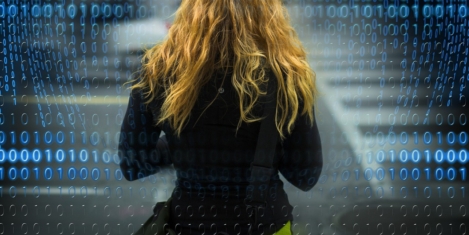
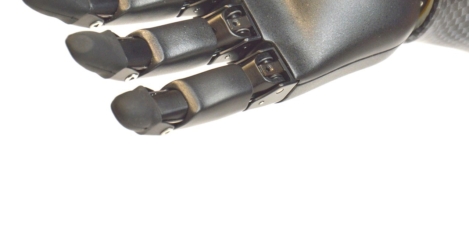
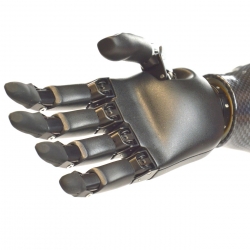 The number of technology job listings in the UK declined by 57 percent during the past year, with fewer than 55,000 open roles advertised, according to the latest UK Tech Talent Tracker from
The number of technology job listings in the UK declined by 57 percent during the past year, with fewer than 55,000 open roles advertised, according to the latest UK Tech Talent Tracker from 


 Human resources research and advisory firm
Human resources research and advisory firm 
 New research by
New research by 
 Years of pathologising offices should have prepared us for the patholigisation of virtual spaces. It seems like months since anybody has come out with that tired old rant about open plan. Certain vociferous and obsessive
Years of pathologising offices should have prepared us for the patholigisation of virtual spaces. It seems like months since anybody has come out with that tired old rant about open plan. Certain vociferous and obsessive 
 Someone really should have warned HR and people leaders that we needed to strap ourselves in, right? Even then, would we have ever been completely prepared for the rollercoaster ride organisations have experienced because of the pandemic? As part of Sage’s research, ‘
Someone really should have warned HR and people leaders that we needed to strap ourselves in, right? Even then, would we have ever been completely prepared for the rollercoaster ride organisations have experienced because of the pandemic? As part of Sage’s research, ‘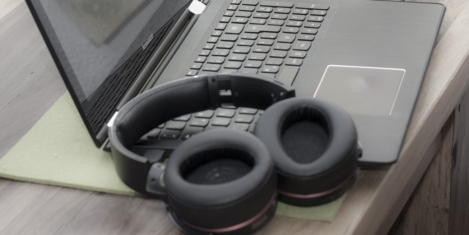
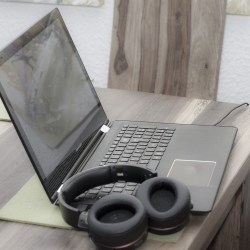 The much discussed idea of Zoom fatigue turns out to be a real phenomenon according to new peer reviewed research from Stanford academics. The study published in the American Psychological Association’s journal
The much discussed idea of Zoom fatigue turns out to be a real phenomenon according to new peer reviewed research from Stanford academics. The study published in the American Psychological Association’s journal 
 Almost one year on and a third lockdown in, it seems the pandemic has Brits re-assessing and taking more control of their work-life balance, however not everyone seems to be so successful. A
Almost one year on and a third lockdown in, it seems the pandemic has Brits re-assessing and taking more control of their work-life balance, however not everyone seems to be so successful. A 
 The feelings of isolation being experienced by employees is the biggest concern IT and cybersecurity teams have around home working, say almost one third (31 percent) of respondents to the latest Twitter poll run by
The feelings of isolation being experienced by employees is the biggest concern IT and cybersecurity teams have around home working, say almost one third (31 percent) of respondents to the latest Twitter poll run by 
 In March 2020, the COVID-19 global pandemic forced countless employers around the globe to send their non-essential employees home. Few organisations had a contingency plan for such a scenario, meaning the overwhelming majority of employers had to rethink their operations and communication functions on the fly.
In March 2020, the COVID-19 global pandemic forced countless employers around the globe to send their non-essential employees home. Few organisations had a contingency plan for such a scenario, meaning the overwhelming majority of employers had to rethink their operations and communication functions on the fly. 








March 11, 2021
Escaping the gravitational pull of workplace data
by Mark Eltringham • Comment, Technology, Workplace design
(more…)